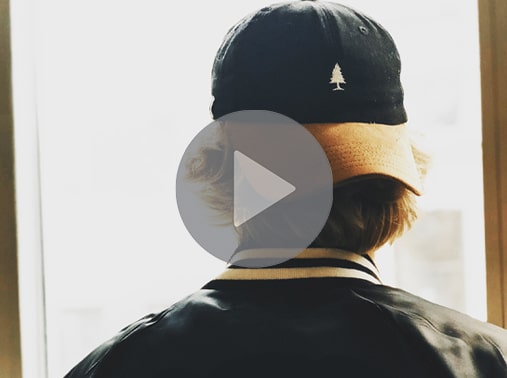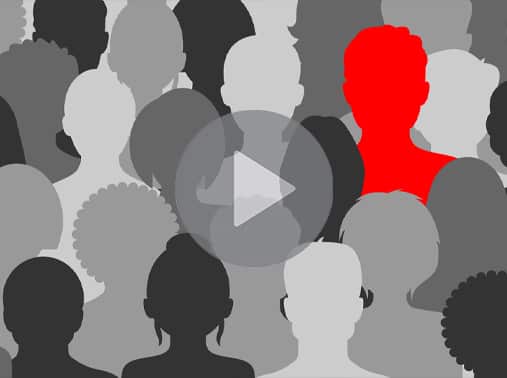MP3 recording of this class is available in our SHOP, free of charge to members and $1.99 for non-members. Sign up HERE for your free membership.
A sad but unmistakable paradox is that loss and pain are the greatest motivators for growth. Most if not all revolutionary breakthroughs were a result or byproduct of difficulties or suffering. Comfort zones are simply inconducive for growth. When you are content you usually do not have the impetus to move forward. But does it have to be this way? Is pain our only path to greatness? Must birth be preceded by birth pangs?
Please join Rabbi Jacobson in this Shemot workshop as he dissects the dynamics of setbacks and success; of pain and growth. While every new state requires the loss of the previous state, the key to true change is not pain, but the crack which exposes a new reality and the jolt which shifts us into a new paradigm. Discover how the Egyptian oppression ironically teaches us the secret of achieving success — the way to receive the benefits of the crack and the jolt — without the need for suffering. Learn how to achieve birthing in a painless way.







Dear Rabbi Jacobson, Thanks so very much for asking this question, at the beginning of 2016. Let me offer some suggestions that came to me, with the hope that YES, we can grow without pain, or with a minimum of pain, of our own free will.
I am reminded of my college teaching experience. One day while teaching at a college in Rochester, I put a saying on the blackboard. The next day, when I entered the classroom there was a saying which read: “Curiosity is the route to knowledge”. One of the students said that he had made that up. About 20 years later in another class, at another school, I mentioned the curiosity saying. And one of the students offered another saying, “practice is not perfect. Only perfect practice is perfect.” He said he made it up, but Vince Lombardi said something like this, once.
Now, you know about my Easy button campaign. I gave you a button, when you came to Rochester in November. In the past four years I have given out about 140 Easy buttons to people, as gifts. So, let me suggest three ideas for change: 1) Curiosity, 2) Practice and 3) Giving. This reminds me of Avos 1.2 on Torah, Avodah and Chesed.
I don’t know if this helps, but I am thinking that maybe the most important idea is PRACTICE. We have to be willing to repeat ourselves over and over, again to improve. And it may be necessary to HOLD ourselves back, while we practice, again and again and not try to escape from repetition. In our rush, rush world, today, we don’t like to slow down and repeat ourselves. We don’t like to make mistakes and be corrected, but if we can accept some practicing and some correction, maybe we can grow, with little or no pain…
I suggest the 3 minute TED talk by Matt Cutts: http://www.ted.com/talks/matt_cutts_try_something_new_for_30_days
THANKS SO MUCH for raising the question and I hope you can respond to it. Hatzlacha Raba Harry in Rochester NY